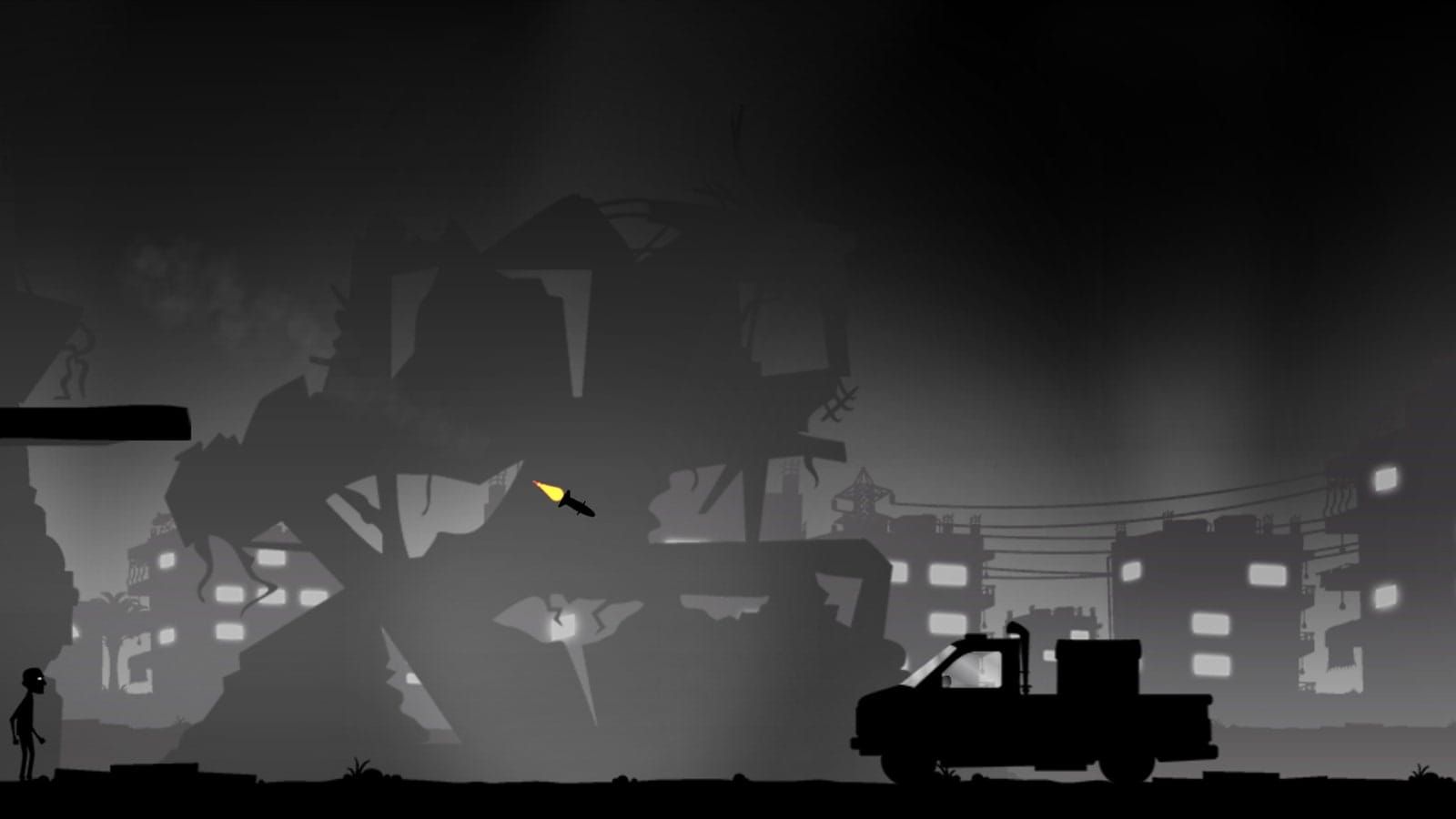Wired is one of the world’s leading tech magazines, with each edition read by an audience of hundreds of thousands. In its pages, readers can find critiques of the latest gadgets, in-depth articles about the social ramifications of technological advances, security news and reviews of the latest video games.
But the decision to publish an article about a five-year-old Palestinian propaganda mobile phone “game” is incredibly puzzling.
“This Game Set in the Gaza Strip Doesn’t Let You Win,” by Wired writers Sofia Kuan and Iglesia provides an important example of how easily those in fields far removed from geopolitics can be influenced and used to peddle context-free disinformation.
False Claims and Missing Context
The video game in question, “Liyla and the Shadows of War,” was developed by Rasheed Abueideh, a software engineer from Nablus, and released in 2016, two years after a war between Israel and the Gaza-based Hamas terrorist organization. That conflict began when Palestinian terrorists in the enclave fired rockets into Israel after the country’s security forces had detained some 300 Hamas members in the West Bank suspected of involvement in the kidnapping and murder of three Israeli teenagers.
Of course, none of that context is provided in the relentlessly grim game, whose raison d’etre is seemingly to induce players to sympathize unquestioningly with the Palestinian cause.
In fact, Wired’s review of the game begins by outlining its plot thus:
You play the game as Liyla’s father, jumping through rubble, hiding behind trash containers, and running from Israeli bombs hitting the Gaza Strip. Your goal is to protect your daughter. But you can’t—no matter how many times you play, no matter what you do.”

The game’s genesis is then described:
In 2014 the Palestinian software engineer watched from his home in Nablus as Israeli ground bombardments and air strikes hit the West Bank, a mere 130 kilometers from him.”
There are a number of glaring problems with this sentence, chief among them the fact that there were no “Israeli ground bombardments and air strikes” in the West Bank in 2014. This assertion is either a blatant lie, or a case of the writers being unaware of the local geography.
Either way, this is fundamentally misleading.
The authors thereafter urge readers to consider how the game generates “engaging messages… in Liyla, where the events being shared are the horrors of war, occupation, and arguably, genocide.” Notably, the word “arguably” was originally not included but the piece was revised five days after publication “because the topic is the subject of international debate.”
If by “international debate” the writers are referring to politically-driven extremists who insist on misapplying the term to Israel’s treatment of the Palestinians, then, yes, there is no consensus on the matter.
In the real world, however, the Palestinian population continues to grow markedly.
“Palestinians in the mainstream media are always dehumanized”
Perhaps the most absurdly fallacious element in the article is the inclusion of a quote by Abueideh, who claims that the media are not sufficiently sympathetic with the Palestinians:
‘Palestinians in the mainstream media are always dehumanized. Their personal stories are not covered, they ignore that we exist, that we have feelings, that we are living under attack, and that we don’t have rights as everyone else in the world. I tried to make something to break that.’”
The failure of the two Wired journalists to challenge Abueideh suggests that they either agree with him or are totally oblivious of how most of the international press frames the Israeli-Palestinian conflict. Contrary to Abueideh’s claim, human interest stories of the experiences of people in Gaza are commonplace. So are photo-ops featuring little children clutching soft toys, often despite there being no immediate news hook.
For example, The New York Times recently produced a series of videos about the experiences of Gazans during and after May’s 11-day conflict, and the Associated Press and the Guardian have produced human interest pieces about violent “protesters” shot in the leg by IDF troops in the course of the Hamas-backed Gaza border riots in 2018.
Open Propaganda
As writers Sofia Kuan and Facundo Iglesia note, “Unlike your typical mobile game and much like war itself, there are no extra lives, no superpowers, and there is no winning.”
It’s astonishing that this needs to be pointed out, but the goal of games, even educational ones, is to compete in some way. There has to be at least a slim chance of emerging victorious. This, then, is not a game. It’s a propaganda tool.
And by not addressing the multiple omissions in Abueideh’s narrative, Wired magazine allows itself to be used as a platform for spreading anti-Israel propaganda.


